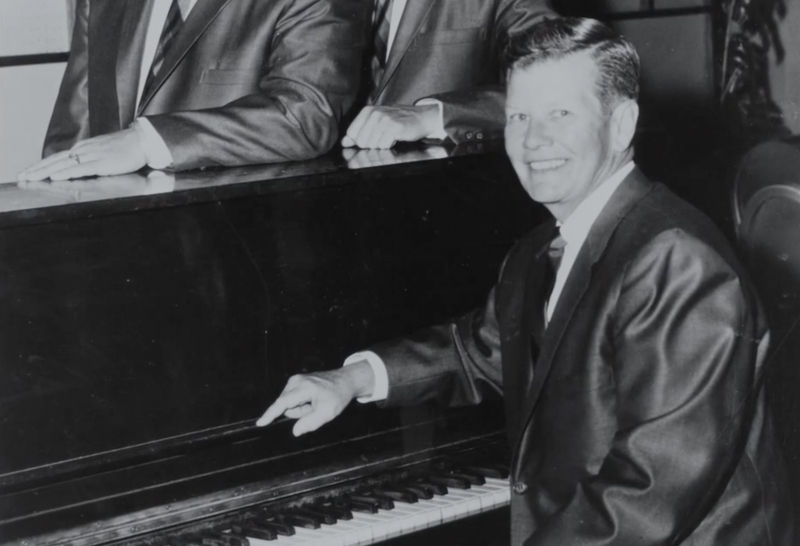Billy Tipton was an accomplished jazz musician and talent agent, a dedicated husband, and a father of three adopted sons. It was only after he died in 1989, at the age of 74, that his family, friends and fans found out that he had lived in a female body. The public outing that Tipton was subjected to after his death resulted in his being both publicly misgendered and mis-characterized as a liar; his musical legacy was overshadowed by tabloid trash talk.
Now, a new documentary written by Original Plumbing co-founder Amos Mac and Aisling Chin-Yee—who co-directed the film with Chase Joynt—seeks to undo that damage. And oh, how beautifully it succeeds. No Ordinary Man is a moving and consistently thought-provoking tribute to an individual who lived as authentically and boldly as he could, at a time when trans men weren’t only without medical recourse, but weren’t even supposed to exist. “It’s scary,” Zackary Drucker poignantly notes in the film, “when centuries of your survival have been based on not being seen.”
Tipton’s life is explored in some depth, including his greatest triumphs—such as playing with jazz legends like Duke Ellington—and painful tragedies. Most devastatingly, Tipton refused to seek medical treatment for the ulcer that ultimately killed him, no doubt fearful of being discovered. His 18-year marriage to Kitty Kelly was also without physical intimacy—Tipton told Kelly that a car crash had left the lower half of his body gravely and permanently injured.
What makes No Ordinary Man truly extraordinary, however, is the way in which it uses Tipton’s story to explore the experiences of all trans men. It probes issues around identity, sexuality and a culture that has historically either erased trans men, or else treated them as an aberration. It analyzes the importance of media representation. And it even examines the inhumane medical neglect that, until fairly recently, trans people were consistently subjected to. (“Trans people going into emergency rooms in the late 1980s,” Jamison Green explains, “were told, ‘We don’t treat people like you. We don’t understand your body.’”)


